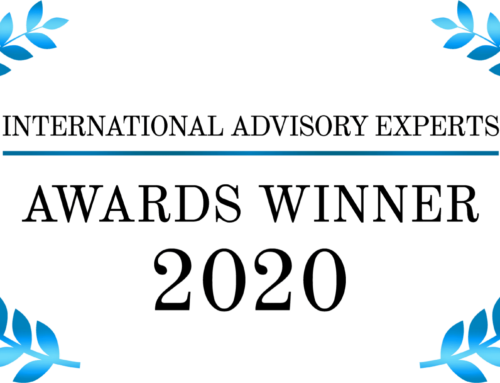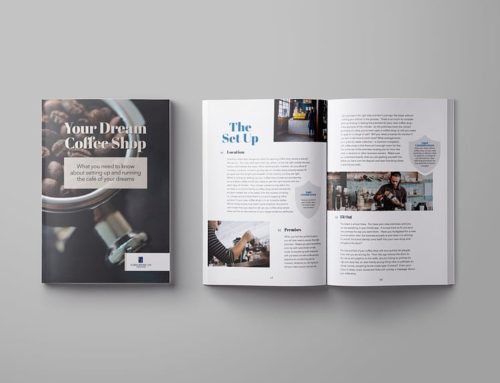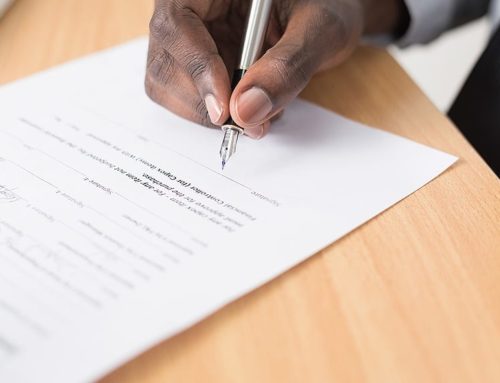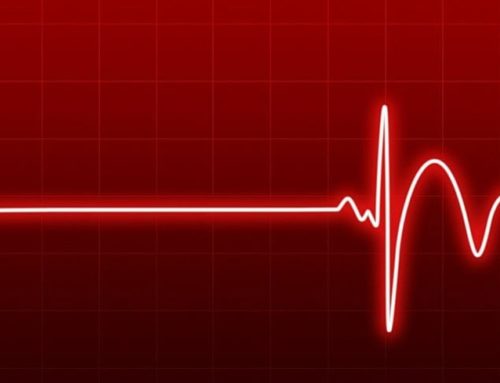You’re stationary at a red traffic light in your car, minding your own business and everything is fine. In a split second your world can be turned on its head because the guy speeding down behind you has failed to spot your car at a red light and slams into the back of your vehicle.
A whole range of things can spring into action that you have probably never thought of.
There is a decent chance you will be in shock and may not be able to get out of your car. If anyone has been injured then there’s a good chance another motorist or passer-by will call the ambulance and the guards; if this hasn’t been done then you should do this yourself if you are able to.
As a rule of thumb the gardai should always be notified of an accident within 24 hours. This is just in case at a later date you need to involve the MIBI who step into the shoes of the guy who has crashed into you if he is uninsured or untraced.
As an alternative you’re injured at work when it isn’t your fault. Maybe something has fallen onto you or you’ve been cut by a dangerous machine.
If an ambulance crew arrive don’t be alarmed if they tell you they are going to need to put you on a spinal board to bring you to hospital. Often the spinal board is just precautionary. Your main priority at this stage is going to be getting yourself back on your feet.
In road traffic accident situations you will need the name, address, registration number and insurance details of the other party. If he has not given this information to you himself, the guard who attended at the accident scene will probably have this for you.
If you have been injured as a result of the fault of the third party then you will have a civil case known as a Personal Injury case. There are two hurdles to overcome. The first is “liability” which in this situation means the fault of a third party. The second hurdle is known as “quantum” which basically means how much you would be entitled to in terms of compensation or damages. Quantum itself is divided into two headings known as General Damages and Special Damages.
General Damages broadly speaking represents compensation for your injuries. The measure of this can be set out in a medical report and in general terms the more serious your injury and the longer you suffer, the higher your compensation. In some cases a medical report might state that a prognosis is guarded and will not be able to give an accurate prediction as to recovery meaning that a further report might be required in, say, 6 months time. This in turn may cause an automatic delay in your case.
The second heading of compensation is known as Special Damages and can largely be broken down into identifiable expenses arising from the accident. This can involve loss of earnings, medical bills, travel expenses etc. The most pressing question in road traffic cases under this heading can relate to damage to a car. If the third party’s insurers are admitting liability they will often quickly cover the repair cost of your car. A payment can then be made to you relatively swiftly or straight to the garage and will need to be accepted “without prejudice” to your personal injury claim. On the other hand if the third party insurance company are delaying and causing a fuss about liability then your best practical option if this is open to you would be to make a fully comprehensive claim on your own policy, particularly if you are anxious to get back onto the road quickly. The trick is to avoid this affecting your no claims bonus and you will need to agree in advance with your insurance company that on the basis they are reimbursed with any money they have paid out on your behalf then there ought to be no negative effect on this aspect of your policy. Your insurers should confirm this to you in advance of you going down this route.
The usual initial steps would involve:
1. Writing to the opposition putting them on notice of your claim and asking them to admit or confirm liability.
2. Writing to your doctor for a medical report.
3. Making an application to the Injuries Board.
Your civil case carries an underlying standard of proof which is on “the balance of probabilities”. In practical terms you may need to establish or prove fault with say a 51% certainty. Separately in a road traffic case the gardaí may have decided to institute proceedings against the person who crashed into the back of you. This is an entirely distinct criminal case with its own standard of proof which is “beyond reasonable doubt”. If the third party has not pleaded guilty then the gardai will need to establish, in practical terms, to a 90% or 95% certainty that he was responsible in order to secure a conviction. The gardaí’s prosecution is an entirely separate process and you may be asked to provide them with a witness statement or even attend as a witness to any trial of the third party.
Once your application has been forwarded to the Injuries Board, they will ask the insurance company to respond within 90 days to confirm that they will agree to the assessment process. On the basis that they do, the Injuries Board will then have a further 9 months (which can be extended by 6 months) to come up with their assessment. This may involve obtaining a further medical report and filing details of your special damages. If the Injuries Board provide an assessment which will be their recommended amount of compensation, then the third party insurers will have 21 days to agree to this while you will have 28 days. If both sides agree, the amount is recorded as an enforceable award in your favour and paid over by the insurance company.
If the insurance company have already issued a veto to the Injuries Board assessment taking place within their 90 day window or either party have rejected the award at the end of the process then the Board will issue an “authorisation”. This is basically your ticket to commence court proceedings.
In many cases it is possible to enter into settlement discussions and your case can be concluded without going the full distance.
If proceedings are to be commenced on your behalf then the next step is to arrange for the drafting of a Personal Injury Summons, usually in either the Circuit Court or High Court depending on the type of case. Once the summons has been lodged in the court office then basically your court case has now started. This in turn invokes an entire timetable of events which can ultimately lead to a hearing date.
There are currently very strict time limits to adhere to which mean that within 2 years from the date of the accident the Injuries Board must have received your completed application. If this time limit is missed then you are statute barred and will not be able to proceed. Similarly from the date that an authorisation arises, the balance of the 2 year period begins to run again plus a further 6 months. Again if you miss this next deadline to issue your Personal Injury Summons the case is again time barred and you will not be able to proceed.
In many situations your case will conclude with a cheque arriving in your favour. The Law will not make you better, but it will provide for compensation for you if the circumstances justify this. Some accidents can lead to serious permanent injuries or fatalities. In other cases there may be a complete recovery from your injuries. In some situations an accident can only be described as a disaster and all the money in the world will not make up for what has happened. In other cases an accident need not be a disaster.
For further information please contact Philip Vint, Solicitor, on 059 91 31656 or by e-mail philip@clarkejeffers.com.






